Every child in care deserves a safe, stable and loving home to grow up in, one where they can thrive and reach their fullest potential. When you become a Foster Carer with VACCA, you’re helping Aboriginal and Torres Strait Islander children and young people to grow up feeling safe, loved, and strong in their Culture, with pride in their identity.
Culturally safe, strong and proud
Aboriginal and Torres Strait Islander children and young people who cannot live at home are at greater risk of becoming disconnected from their Culture and community. When you become a Foster Carer with VACCA, you create a culturally safe home, where Culture is celebrated and respected. Supporting Aboriginal and Torres Strait Islander children in care to connect with their cultural identity gives them a sense of belonging and pride, empowering them to grow up strong and resilient.
Love, support and guidance
As a Carer you become a positive role model for the children and young people in your care. By providing support and guidance without judgment, you create a loving and supportive environment where they can develop socially and emotionally. When you provide a culturally safe and stable home for an Aboriginal or Torres Strait Islander child or young person in care, you’re supporting them to rebuild trust, form healthy relationships, and start their healing journey.
A rewarding journey
Like all forms of parenthood or care, becoming a Foster Carer has challenges but the rewards are even greater. When you open your home to an Aboriginal or Torres Strait Islander child or young person, you can have a lifelong positive impact on their growth and development.


